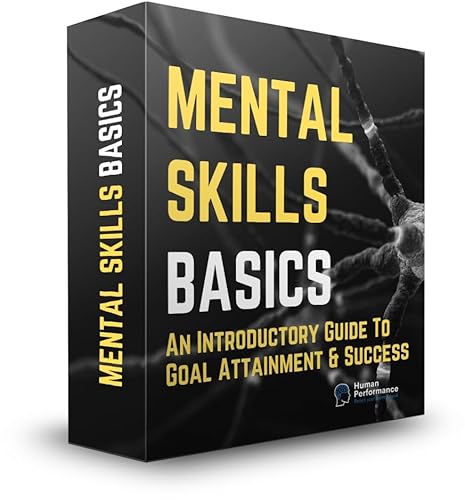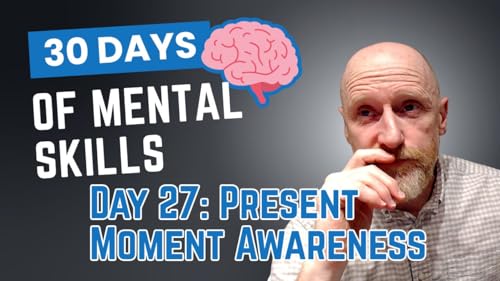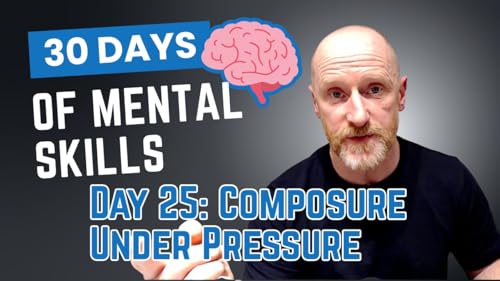The popular neoliberal narrative in modern capitalist societies shouts loud the idea that success hinges on willpower—that internal grit and self-discipline are the secrets to consistency, focus, and high performance. Anyone can make it, and if you want to succeed, it’s up to you. You’ve got to make it happen. This idea is flawed on so many levels, not least how some parts of society are not afforded equal opportunity. But what if that advice is not entirely untrue? What if we are too willing to accept the current, less-than-optimal status quo?
The idea that willpower is a limited resource was popularised in the late 1990s through the ego depletion model. According to Baumeister et al. (1998), willpower behaves like a muscle: it tires with use. In early experiments, participants who resisted eating cookies performed worse on cognitive tasks immediately afterwards. The conclusion? Self-control gets depleted with exertion.
This theory found strong support for a time. It gave rise to the belief that we must manage our energy wisely — avoid draining tasks, don’t multi-task, conserve willpower for when it matters. But as psychology moved forward, cracks in this theory began to show. Large-scale replication efforts (e.g., Hagger et al., 2016) failed to reproduce the original findings, casting doubt on whether ego depletion exists at all universally or measurably.
What these findings suggest is that willpower may be more context-dependent than resource-limited. Studies show that people who believe willpower is limited are more likely to suffer the effects of depletion (Job et al., 2010). Those who think or believe willpower is unlimited tend to persist longer.
So if willpower isn’t a battery that runs out — or at least not always — then what explains our struggles with follow-through and consistency?
Poor self-regulation is less about the depletion of a mysterious energy and more about disorganisation, lack of clarity, and emotional mismanagement. When the goals are vague, distractions are plentiful, and we haven’t built systems to support consistent action, we naturally falter. It's not because we’re weak, but because the structure to support success is missing.
High performers don’t rely on willpower. They build environments, routines, and habits that reduce friction. They align goals with values, create clarity, and learn to manage stress without draining cognitive reserves. Rather than trying to “force” themselves into discipline, they design systems that make the right actions easier to take.
In practical terms, this means reducing reliance on raw effort and instead focusing on mental skills such as planning, attention control, emotional regulation, and habit formation. Self-compassion, too, plays a role. When we understand that willpower fails us not because we’re lazy or undisciplined, but because we’ve overestimated its utility, we can stop blaming ourselves and start working smarter.
In the end, the path to consistent performance lies not in summoning more willpower but in building psychological infrastructure that supports us when motivation fades.
What You Can Do About It
* Use if–then planning to automate action and reduce decision fatigue (Gollwitzer, 1999).
* Adopt a non-limited theory of willpower to enhance self-regulation (Job, Dweck, & Walton, 2010).
* Practise self-compassion after setbacks to boost motivation and persistence (Breines & Chen, 2012).
* Set goals aligned with personal values to sustain intrinsic motivation (Deci & Ryan, 2000).
* Train attention through mindfulness to improve focus and reduce impulsivity (Tang, Hölzel, & Posner, 2015).
Mental Skills Basics Course
Suffering stress and anxiety is not a prerequisite for success in self-employment–there's a better way. Mental skills provide you with the means of coping effectively with difficulty and achieving your goals. I created the Mental Skills Basics Course to introduce business leaders, self-employed individuals, freelancers, consultants, and small business owners to the psychological and emotional skills associated with success.
Get full access to Peak Performer at peak.humanperformance.ie/subscribe
 Sep 27 202518 min
Sep 27 202518 min Sep 22 202512 min
Sep 22 202512 min Sep 4 202517 min
Sep 4 202517 min Sep 3 202517 min
Sep 3 202517 min Aug 22 202520 min
Aug 22 202520 min Aug 7 202515 min
Aug 7 202515 min Aug 1 202516 min
Aug 1 202516 min Jul 28 202518 min
Jul 28 202518 min
